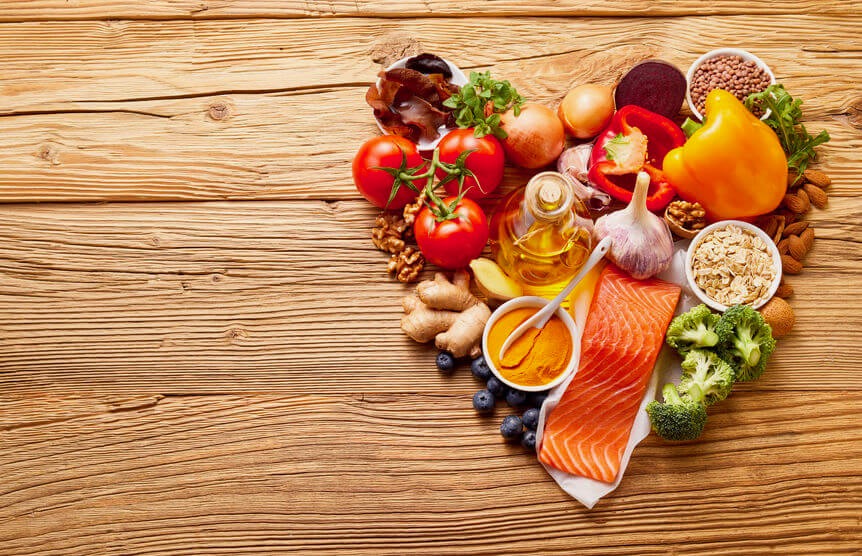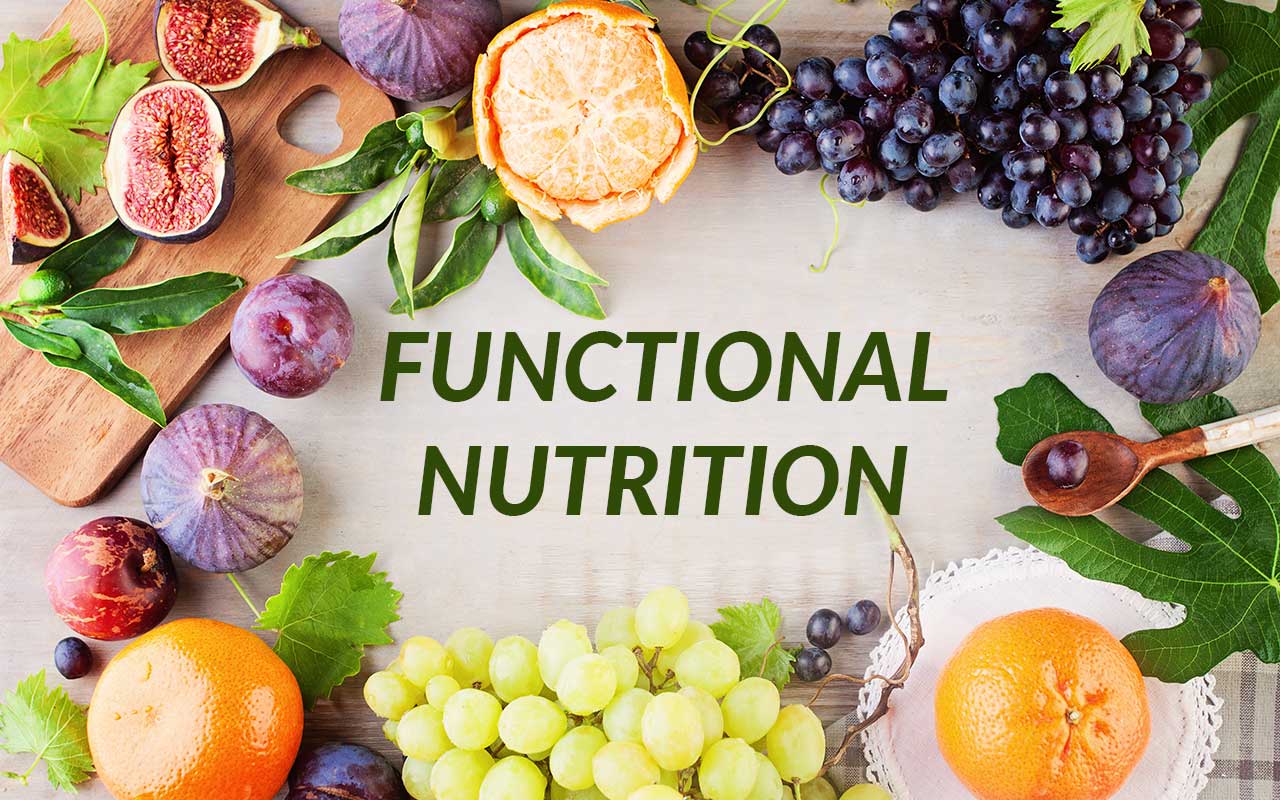If you associate swelling, redness and pain with inflammation, then you’re right. It is a natural Immune system response causing redness, swelling, heat and pain due to production of histamine and cytokines in the body to protect and heal itself. This is a good kind of inflammation as we wouldn’t be able to heal from infections, wounds and damaged tissues if this was not there.
But what we’re concerned with now days is the chronic inflammation, which is generally a sign of a bigger issue. Most of the modern day diseases are linked to chronic inflammation including diabetes, cardiovascular conditions, IBS, Alzheimer’s, arthritis, auto-immune disorders etc. In fact a lot of people are living with a low level of inflammation due to the modern day stressors and are not even aware of it.
Major Causes of Chronic Inflammation:
- Stress
- Bacterial infections/low grade infections
- Viruses
- Parasites
- Environmental poisons including industrial chemicals, metal toxins etc.
- Certain foods like sugar/gluten/lactose can trigger allergies and intolerances
- Smoking
- High blood insulin levels
- Overactive immune response (auto-immune conditions)
It’s also important to know that fat cells also increase inflammation. Fat cells act like immune cells and secrete inflammatory factors like histamine and cytokines especially during weight gain. For every 10lbs. of weight gained, approx. 40lbs of additional pressure is put on hips and knees and structural tissues promoting damage and inflammatory response.
Diet
As a general rule an anti-inflammatory diet requires you to eat more plant based whole foods and avoid processed foods, sugar and sugary beverages, refined carbs and processed meats. An ideal diet would include lots of vegetables especially green leafy ones, fruits, lentils, beans, grains, nuts and seeds and wild oily fish (Salmon, Sardines, Mackerel etc.). Though you try and consume the above in a balance, there are still some foods that can be given more emphasis and consumed regularly for their special inflammation fighting properties.
Anti-Inflammatory Foods
- Turmeric: this humble super herb of Ayurveda is used in cooking in every Indian household which can work as a maintenance dose to fight low grade inflammation and infections. In order to be absorbed better by the body it has to be combined with fat and black pepper. In Ayurveda it’s generally combined with ghee or coconut oil. Turmeric milk also made famous, as Golden Milk is also an excellent way of incorporating this in you diet regularly. For higher doses or supplementation always work with a health practitioner.
- Tart Cherries: Montmorency cherries have been studied to help with inflammation and also support sleep. This fruit contains all the 6 anthocyanin and can be very beneficial for Arthritis patients. You could drink 1 cup of juice a day, or eat a cup of fresh tart cherries (1/2 cup dried) or add it to your smoothies. Some local brands are Black River, Eden.
- Green Leafy Vegetables: these should be made a regular part of your diet and you need to ideally consume 1 to 2 servings especially the cruciferous kinds which have shown multiple inflammation and cancer fighting properties. Some of the major ones include Kale, Bokchoy, Collards, Cabbage, Brussel Sprouts etc. Ideally all cruciferous vegetables should be cooked/sautéed/steamed lightly.
- Aloe Vera: this cooling cactus can help with multiple skin and intestinal related inflammatory conditions. Only the inner fillet gel should be used, as the whole leaf juice is a laxative. The gel can be consumed dissolved in water or smoothies. It is used in Ayurveda to settle “Pitta” related inflammatory conditions.
- Anti-Oxidant Rich Berries: consuming ½ a cup of berries regularly can be very beneficial to fight inflammation as they are rich in anti-oxidants. The most potent anti oxidants are in Acai berry, Amalaki (Indian gooseberry) and even Blueberries.
- Raw Cacao: this was a super foods of the Aztecs and is a rich source of anti-oxidants, vitamins and minerals. Does that mean you can eat chocolate to fight inflammation? The answer is yes and no. To get the benefits, you need to say no to the highly sweetened chocolates and try to consume raw, unprocessed cocoa in smoothies or cooking or eat dark chocolate higher that 70% cocoa content without refined sugar.
- Omega-3 Fatty Acid: this not only heals inflammation, but also help in maintaining proper brain function, balancing hormone production, managing moods, supporting cardiovascular health etc. It has been seen that the ideal ratio of Omega3 to Omega 6 should be 1:1 where as it is almost as high as 1:20. Studies have shown that too much omega 6 in the body can be inflammatory and the best is to reduce its intake, which mainly comes from processed foods, chips, commercially baked goods, meats, fast food etc. Good sources of omega 3 include oily fish, flax seeds, chia seeds, leafy greens and supplementation can also be greatly beneficial.
Managing chronic inflammation need not be complicated with the required dietary and lifestyle changes but you need to see what works for your own individual body and current socio-environmental situation. While you work with your medical practitioner, getting a nutritionist to help you identify a diet and lifestyle protocol that works for you may be worth considering as with the right approach and intention, chronic inflammation can be brought under control.




